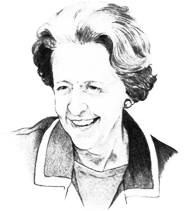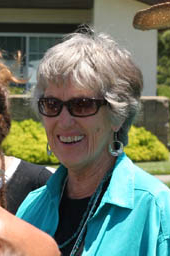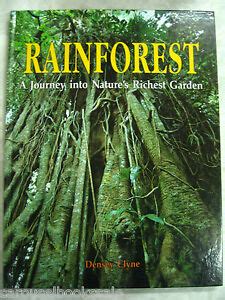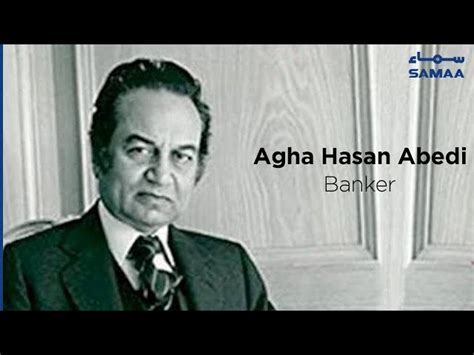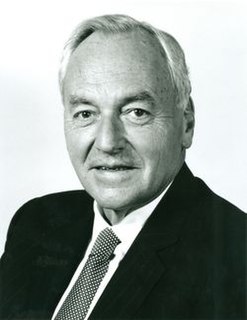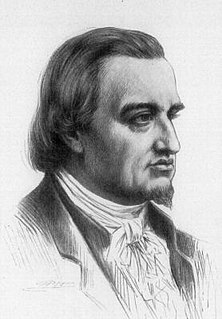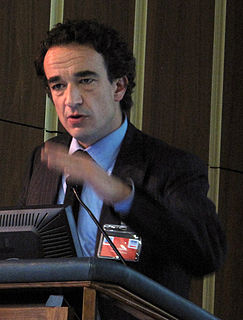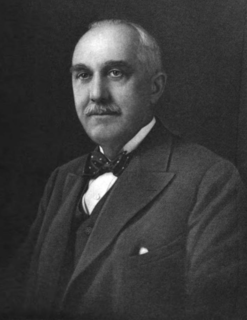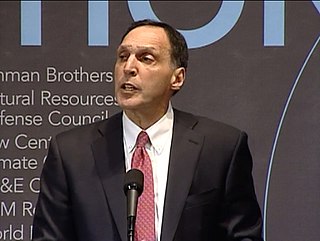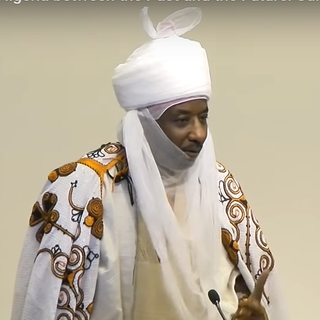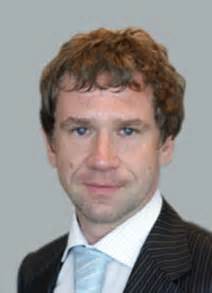A Quote by Jacob Schiff
The surplus wealth we have gained to some extent at least belongs to our fellow beings; we are only the temporary custodians of our fortunes, and let us be careful that no just complaint can be made against our stewardship.
Related Quotes
The significance of our lives and our fragile planet is then determined only by our own wisdom and courage. We are the custodians of life's meaning. We long for a Parent to care for us, to forgive us our errors, to save us from our childish mistakes. But knowledge is preferable to ignorance. Better by far to embrace the hard truth than a reassuring fable. If we crave some cosmic purpose, then let us find ourselves a worthy goal.
Our situation on this earth seems strange. Every one of us appears here involuntarily and uninvited for a short stay, without knowing the whys and the wherefore. In our daily lives we only feel that man is here for the sake of others, for those whom we love and for many other beings whose fate is connected with our own. I am often worried at the thought that my life is based to such a large extent on the work of my fellow human beings and I am aware of my great indebtedness to them.
Compassion is something we can count on. Even if we face economic problems and our fortunes decline, we can still share our compassion with our fellow human beings. National and global economies are subject to many ups and downs, but through them all we can retain a compassionate attitude that will carry us through.
The human heart is the first home of democracy. It is where we embrace our questions: Can we be equitable? Can we be generous? Can we listen with our whole beings, not just our minds, and offer our attention rather than our opinion? And do we have enough resolve in our hearts to act courageously, relentlessly, without giving up, trusting our fellow citizens to join us in our determined pursuit-a living democracy?
If we can forgive everyone, regardless of what he or she may have done, we nourish the soul and allow our whole being to feel good. To hold a grudge against anyone is like carrying the devil on your shoulders. It is our willingness to forgive and forget that casts away such a burden and brings light into our hearts, freeing us from many ill feelings against our fellow human beings.
There are two tendencies in all our war talk.... The first is to boast, if not of ourselves and our deeds, at least of our army, our corps, our regiments. The other is to find fault with, to criticize, to censure, to condemn others. If there is a victory, we gained it and must have the credit of it. If there is a failure, it was the fault of the other fellow,--he must be blamed for it.
On the one hand, we are faced with the stewardship of this beautiful, subtle, incredibly delicate, fragile planet. On the other, we confront the destiny of our fellow man, our brothers. How can we say that we are followers of Christ if this dual responsibility does not seem to us the essence and heart of our religion?
When you look at what is happening to our world-and it is hard to look at what's happening to our water, our air, our trees, our fellow species-it becomes clear that unless you have some roots in a spiritual practice that holds life sacred and encourages joyful communion with all your fellow beings, facing the enormous challenges ahead becomes nearly impossible.
Our human responsibility for animal rights, plant rights, and the rights of the earth to its health and wholeness is self-evident. Whatever our beliefs about the hereafter we are the temporary custodians of the here-and-now, and if we neglect our obligations or abuse our powers then we abrogate any rights to a further share in this planet's delights.
Social media puts us inside our phones and our computers and our headphones, and we're not connecting so much with our outside environment. Even when people go to the Grand Canyon they're more concerned about the selfies than actually looking at the canyon. I see it with my own kids - the addiction to needing things fast, never pausing to just see what's around us and connect with our fellow human beings in real time.
Some people think elections are a game: who's up or who's down. It's about our country. It's about our kids' future. It's about all of us together. Some of us put ourselves out there and do this against some difficult odds. We do it, each one of us, against difficult odds. We do it because we care about our country. Some of us are right, and some of us are not. Some of us are ready, and some of us are not. Some of us know what we will do on day one, and some of us haven't thought that through.










